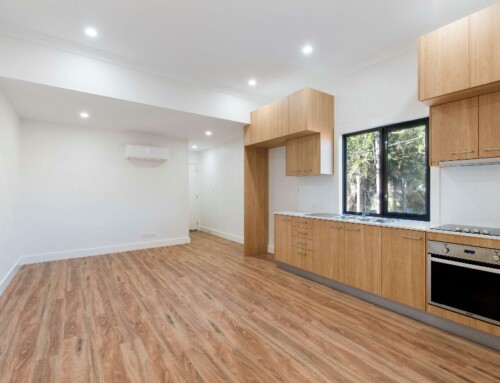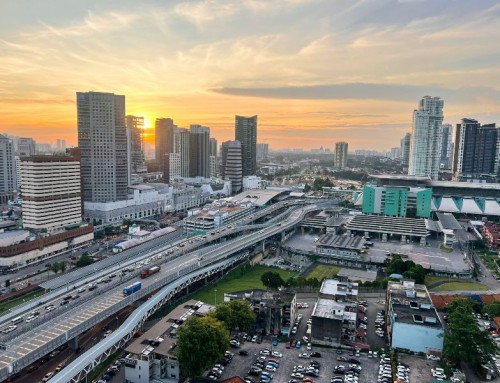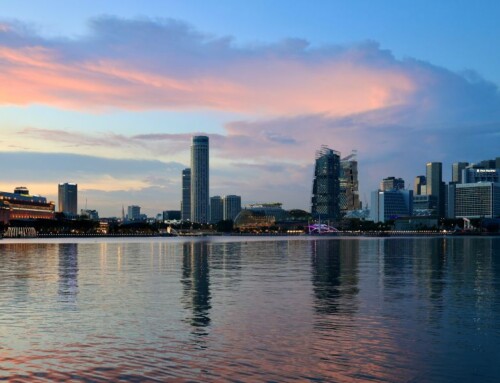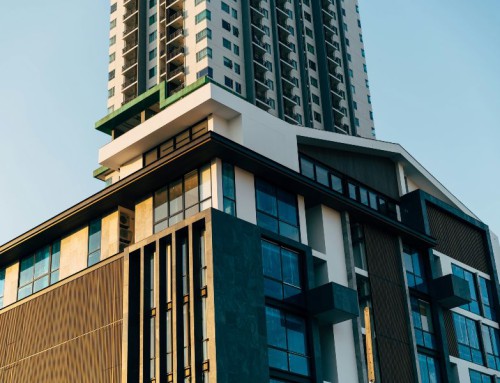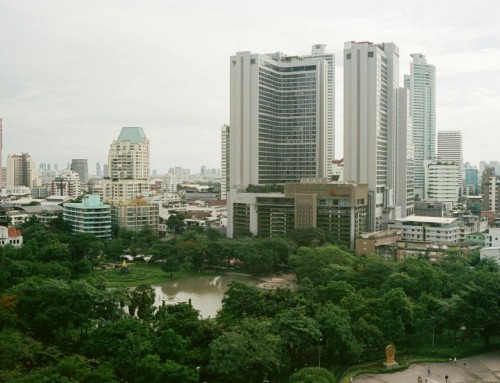Ever since the Singapore government acted to cool the local property market, there has been a surge in interest among buyers in Singapore with regards to owning a property overseas. As much as the Singapore government may want to curb local demand to keep Singapore property prices for the locals, this has caused a shift in interest towards overseas properties. The property market may remain tepid but Singapore is experiencing close to full employment and has seen its currency appreciate sharply against many other major and regional currencies. This causes prices of overseas properties to seem cheap as compared to local properties. Do not get me wrong, I personally feel that there is room for some exposure to overseas properties to create a well-balanced property portfolio. I just think that there are some things which investors should look out for before jumping into something they, at times, have little or no knowledge about.
1) Locals should always think of investing locally first. I am starting to have young adults come up to me and ask about investing in an overseas property. I will always reiterate the same point. The mere fact that you can actually have the income as well as the job security to actually think of investing in overseas property, as times to be paid in full via cash, says something about the stability of the system of governance in Singapore. Moreover, buyers in Singapore are more often than not more in tune with the development in Singapore than some random overseas country which they are thinking of investing in. Government subsidized housing is readily available and many Singaporeans and Permanent Resident couples are eligible for the various schemes available for them to acquire a subsidized property. To me if I were to start out investing in the stock market I would go for the big names for a start. Something that I know will still be there for years to come.
2) Always invest in a country that you are comfortable with. I once had a client approach me to invest in a property in a developing country. When I asked him whether he knew where the location was, he answered me with “how would I know? It is so dangerous. I would never go there.” Which then brings me to my point. If you are not comfortable with a certain location, why would you expect your prospective buyer or tenant to be comfortable and take the property off you? Security issues are not something to go away in a couple of months. Singapore as a nation developed from third to first world in a matter of a few decades. The same cannot be said of many developing countries. Just because the country looks like how Singapore looked like in the 1980s does not mean that in 30 years time the country will look like how Singapore is today. Which brings me to my next point.
3) Set a projected time frame for your investment. Some investors would want to exit the property in a shorter time frame than others. Property investment in Singapore is a long term affair and for overseas properties it can be an even longer affair. For a country to develop, infrastructure has to come in. Efficient transportation system, especially railways and buses, good roads, schools and an open and honest government. It takes years to develop a new train line in Singapore. It will take much longer to build the first train line in many developing countries. At times infrastructure will take decades to develop. Plonking down approximately SGD$200,000 may seem affordable to many but this money may never appreciate for the next decade or two. Why not wait for the Singapore property market to trend downwards before splurging that money? There will always be entry points in the local property market cycle and a few cycles may have come and gone before a property investment in a developed country would have yielded some returns.
4) Property prices in many overseas countries are not transparent as Singapore’s property market. Many times price appreciation is based on what the next project is selling for. There are very limited transactions with regards to the resale market. Developers just price the next development higher than the last one that was launched to give the image that prices are trending higher. If a property agent tells you that the property price has appreciated by a certain amount, you should ask him for some facts and figures to substantiate his claim. Do not believe in hype and always remember that if the property market is doing so well in that developing country, the developer would not have to fly his sales people out to Singapore to dispose of the units. The internet is a good place for research. As a savvy investor, you should use it.
5) Finally, always ask the people who are selling you the property what the exit strategy is going to be. How are you going to sell or rent the property? Moreover, will the company selling you the property be answering your queries? Every investment that has not been realized cannot be considered a profit. Many people may be sitting on perceived paper gains but the mere fact that the property is still in their hands would mean that they have yet to make money from the property. Make sure that the company selling you the property will be there to manage your asset for you. Double check the figures that you are quoted with the local property agents. With the internet, everything is just a click away. Make sure that there is a period for you to rethink your purchase and if you are not satisfied or uncomfortable with your purchase after a few days, you should be able to receive your full deposit as a refund.
After all that has been mentioned, it is always important to note that there is no perfect property investment. There is no property which is well located, has perfect views, efficient layout, good rental potential and is attractively priced. If there is you most probably would not be able to get it as someone else would have beaten you to it. Overseas property investment is highly risky compared to local properties for the mere fact that we know less about a country which we do not live in. That being said, there are still many people who have made money by buying and selling overseas properties. Investors should just be wary of the common things to take note which may not be so common once they are caught up in a buying frenzy. With that, I will leave you with a personal quote.
“Fortune favours the brave but at times we mistake recklessness for bravery.”
Yours Sincerely,
Useful articles for people looking to invest in Thailand properties
Guide to buying a property in Thailand
Thailand as a retirement destination
How to get a Retirement Visa in Thailand

